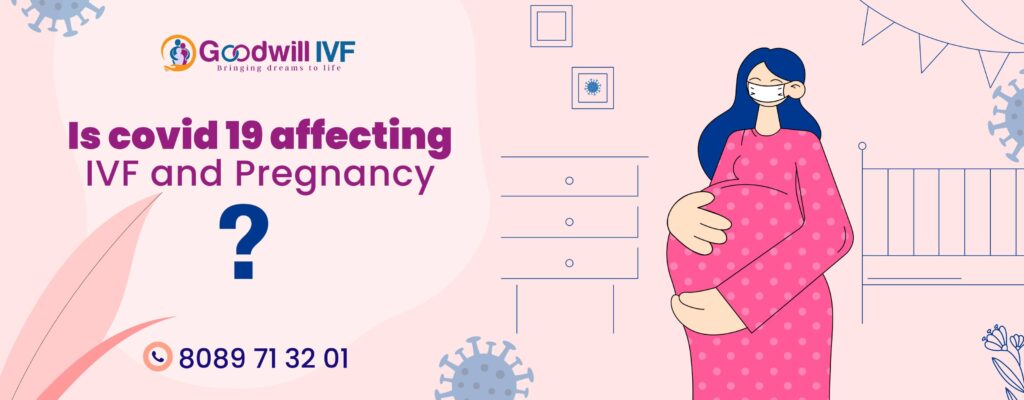It is a common belief that age affects only female fertility, while men are under the impression that they will stay fertile for much longer than women. We have examples of older men fathering children to justify that. However, the reality is much more complex than that.
It is assumed that biology has the explanation for why women face so much pressure to have kids as they age, but men don’t. It is believed that after the age of 35, it is harder for a woman to get pregnant, and, if she does conceive, the risk of the baby having health problems is increased. As per this belief, men are untouched by the process and can father kids until a ripe old age.
However, research has proved that men too have a biological clock, which most people are unaware of. Age does affect a man’s ability to have a child in a similar way to a woman’s, though the timeline is different. It is difficult for older men to father children, and there occurs a risk of their kids having health problems. New research points out that the age of the father is more likely to be responsible for the genetic conditions of the offspring, rather than that of the mother.
How biological clocks started ticking in the first place
In today’s times, more and more kids are born to parents in their 30s and 40s. This trend is strongly linked to economic class, education, etc. However, the stress is more on women than men, when they can’t get pregnant at 30.
‘Biological clock’ earlier referred to the cyclical rhythms in the human body, like patterns of sleeping and activity. In the 1970s, however, the phrase began to be used to describe ‘the decreasing reproductive possibilities for older women who had postponed childbirth to focus on their careers’. Today, the term is mostly used to refer to women’s reproductive ageing. The concept of a biological clock for men started being considered by some people only in the last decade.
In a book by Harry Fisch called ” The Male Biological Clock”, it has been described how male fertility and testosterone levels tend to decline as a man ages and what can be done about it.
The science is quite clear. Both men and women experience declining fertility, decreasing hormone levels, and increased risk of health complications as they age. These are the very factors that are related to a ticking “biological clock”.
The science of the male ‘biological clock’
It becomes harder for a couple to conceive a baby if the father is older. Pregnancies can result in miscarriages in such cases. Health problems like autism, achondroplasia (a kind of dwarfism), schizophrenia, bipolar disorder, psychosis, and childhood leukaemia are potentially triggered in a child by the older age of the father.
Men continue to produce new sperm from puberty to a ripe old age, unlike women, who have a limited fertile window after which they cease to release any eggs. Some men can father children into their 60s and beyond-an age when women’s biological clocks have completely stopped ticking. But in the case of most men, testosterone levels decline as they age, leading to decreased libido and erectile dysfunction. The semen quantity is found to decrease with age. The quantity and genetic quality of sperm also decline as men get older. The genetic sperm defects may cause decreased fertility, increased chance of miscarriage, increased risk of some birth defects, and increased risk of stillbirth. The sperm motility and sperm shape are also seen to change with age.
The difference in changes between men and women is that in men, they happen more gradually and a few years later.
The age and periods at which these changes occur in men and women are cited differently by different studies and experts. Many say that fertility in women declines gradually in the mid-to-late 30s, and then sharply in the 40s. The change in men happens more in their 40s and 50s, some of which are treatable or avoidable.
Male fertility problems are often related to obesity, cancer, hypertension, heart disease, kidney disease etc. The amount of stress experienced, eating habits, smoking, exposure to pesticides and industrial chemicals etc., during the months leading up to conception can also influence the health of the sperm and potentially the health of the baby.
But other changes occurring in a man’s reproductive health are an unavoidable consequence of ageing.
In men, the new sperm is formed for a lifetime, with the existing sperm replicating its DNA and then splitting into two, over and over again. But each time the process is repeated, DNA can change a little which leads to a gradual and steady increase in the number of genetic mutations in sperm, with age. This is why more genetic conditions are associated with the age of a father than with the age of the mother.
A 40-year-old father brings twice the number of new mutations to a child as compared to a 20-year-old father. There is no evidence for a connection between the mother’s age and these mutations. However, many experts do feel that these findings should be interpreted with caution, as some mutations in the sperm’s genes can be repaired by the egg before being passed on to the child. It has also been found that the chance of having a child with a genetic disorder is still very low. Yet, the findings have substance and they can influence public health.
Goodwill IVF Center, the best infertility hospital in Kerala offers top-notch solutions for male fertility problems. Visit the Goodwill IVF Center in Malappuram and consult the best male infertility treatment doctors to avail of the most advanced treatment.


